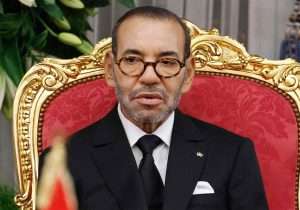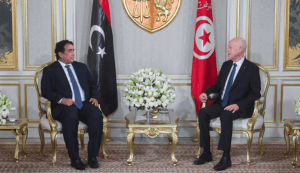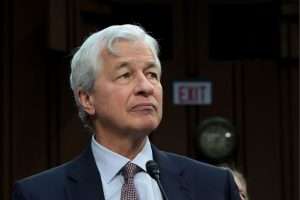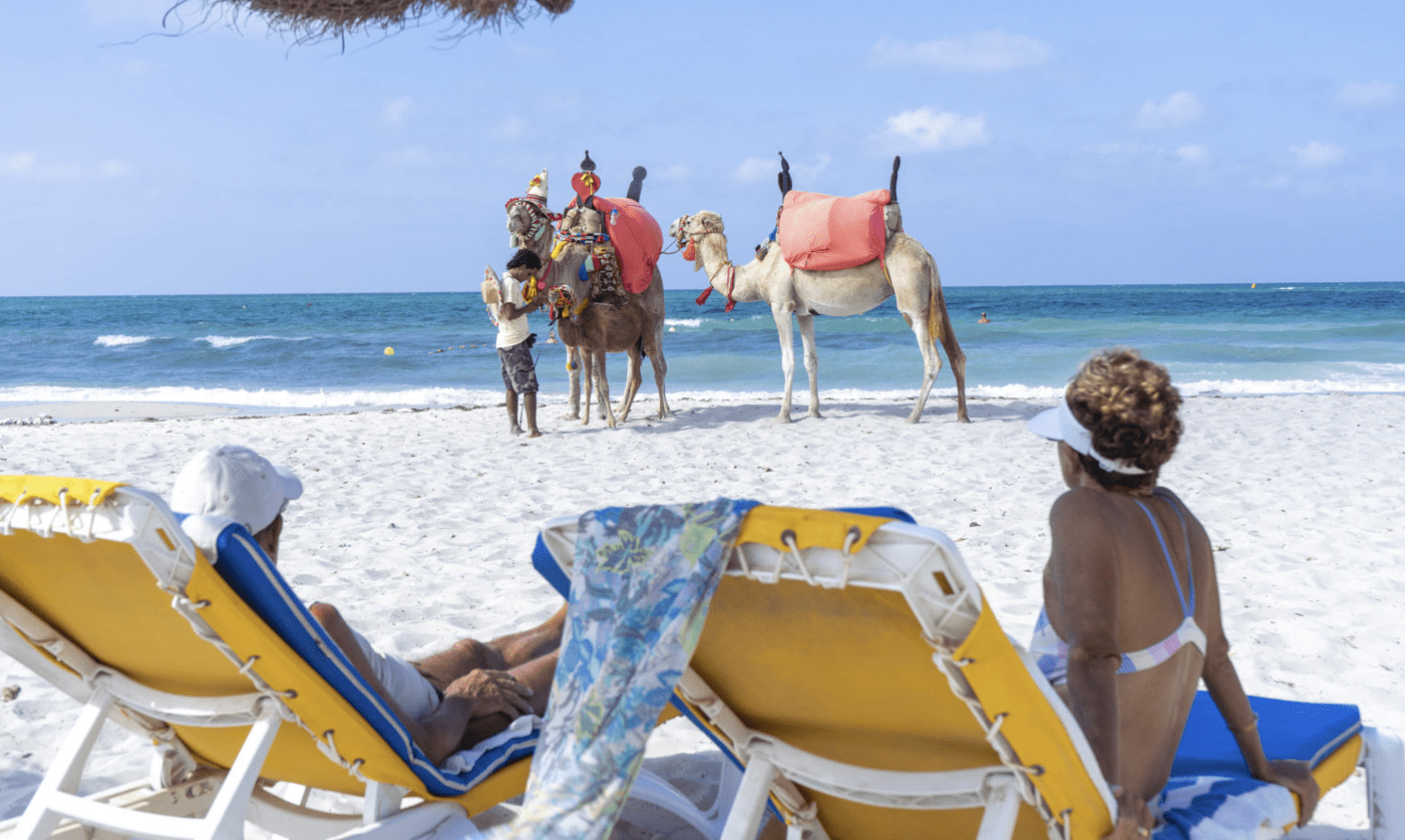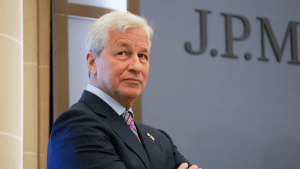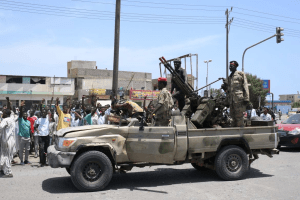European Leaders’ $1B Aid Plan for Tunisia Crisis

During a visit by European leaders to Tunis on June 11, a plan was drafted for more than $1 billion in financial assistance to the country as part of a strategy to restore democratic stability to Tunisia, according to AP News.
Italian PM Giorgia Meloni, Dutch PM Mark Rutte, and European Commission President Ursula von der Leyen met with Tunisian President Kais Saied to discuss the financial aid that would help rescue the country from the nearing economic collapse, as well as addressing the immigration crisis in the Mediterranean.
Tunisian human rights groups are calling the decision blatant “blackmail,” reporting that it will only cause more abuses against immigrants, especially after comments from Saied set off a burst of discrimination against sub-Saharan migrants.
READ: Italy tells G7 that IMF needs to be ‘pragmatic’ over Tunisia bailout
President von der Leyen laid out a five-point program that includes 1.05 billion euros ($1.1 billion) in aid for Tunisia’s indebted budget. This plan will be discussed with all 27 EU countries at the summit in late June, she said.
The plan also includes 100 million euros to be used for Tunisian border operations, that include search-and-rescue and anti-smuggling operations, von der Leyen said. Migrant advocacy groups continue to be dubious about these agreements, though von der Leyen and Rutte insisted the program would respect human rights. Speaking to this, Rutte stated that the goal was to “kill that cynical business model of the boat smuggler. Migration is at this moment one of the most important issues facing all of us.”
The Tunisian Forum for Economic and Social Rights (FTDES), a migrant advocacy group, expressed their concerns about the European aid offer, saying in a statement released on June 11th, “Europe has not seen Tunisia as a country in need of cooperation based on genuine democracy guaranteeing rights and freedoms, but merely as an advanced border point requiring more equipment to contain immigration, with the aim that no one should be able to reach Europe…their visits conceal blackmail and an attempt to haggle: money and aid in exchange for the role of border policeman.”
READ: Tunisian wheat shortage drags on, threatening bakeries
Curbing migration holds particular significance for the far-right, Meloni, who made her second trip to Tunisia within a week. Among European-bound migrants departing from the North African nation, Italy is the primary destination. Meloni has expressed satisfaction with the recent announcements and expressed hope that they would facilitate Tunisia’s receipt of $1.9 billion in delayed International Monetary Fund (IMF) assistance.
However, Saied has expressed reluctance towards complying with the IMF’s conditions, which involve reducing subsidies on flour and fuel, downsizing the extensive public administration sector, and privatizing unprofitable state-owned enterprises.
The president warns that such measures would have drastic repercussions for the social order in Tunis. Nevertheless, with the economy teetering on the brink of collapse and the populace growing increasingly discontented with both Saied’s leadership, it is blatant that immediate relief is necessary.
READ: Meloni coughs up 750m USD Tunisia aid to tackle migration
The increasingly unsafe condition in Tunisia have also served to further fuel Tunisians to risk dangerous boat journeys across the Mediterranean to seek a better life.
“Tunisia is a priority, because destabilization in Tunisia would have serious repercussions on the stability of all Northern Africa, and those repercussions inevitably arrive here,” Meloni said on June 8th.
Saied hasn’t immediately responded to the European offer, but the Fitch ratings agency further downgraded Tunisia’s default rating on June 2nd, meaning the country is inching closer to potentially defaulting on its debt.
AP News
Want to chase the pulse of North Africa?
Subscribe to receive our FREE weekly PDF magazine





